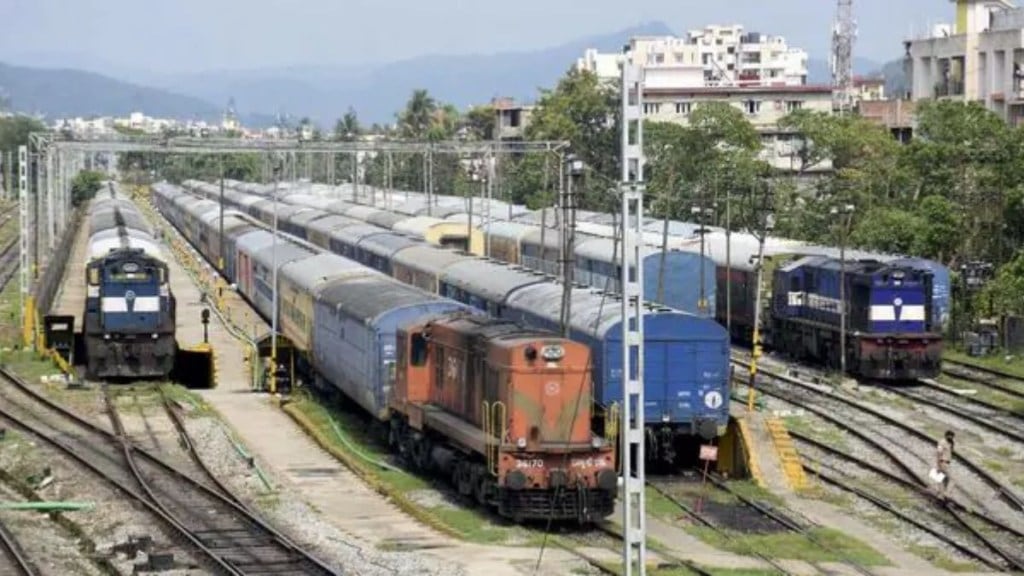The Railway Board has directed the general managers of 17 zones to install biometric attendance machines or facial recognition systems for station staff to address issues related to overtime claims. This directive follows a recommendation from the Vigilance Directorate, which flagged concerns about duty swapping among Station Masters and irregularities in overtime claims.
The Central Vigilance Commission (CVC) advised implementing biometric systems to link digital attendance records with overtime allowance (OTA) claims, aiming to improve system accountability.
The circular said, “Vigilance Directorate of Railway Board had made a reference to CVC in a case which involved duty swapping by Station Masters and irregularities in claiming overtime by station staff. In this regard, CVC has suggested some improvements to be incorporated in the system.”
“Biometric attendance machines or facial recognitions system may be installed for all station staff, including Station Masters, Station Supervisors and Points men, and link these digital attendance records to the processing and admission of the OTA (Overtime Allowance) claims to enhance accountability in the system,” the Board’s circular added quoting one of the suggestions of the CVC.
Railway Board calls for strict adherence
The Board’s circular emphasised the need for strict adherence to these recommendations to prevent future lapses. However, some station masters have expressed concerns, suggesting that the new measures could be counterproductive.
Currently, there are no biometric systems in place at stations, with staff operating based on physical rosters prepared by their superiors. A station supervisor noted that few overtime claims are made and that if irregularities arise, they should be addressed individually.
“There are very few cases of overtime claims and if there are irregularities, this should be dealt with case to case basis. Many station masters work for more than eight hours but don’t claim overtime. In case of biometric attendance, the overtime working hours will come on record and the Railways will have to pay for it which might turn out to be a counter-productive exercise for the Board,” the station supervisor said.
